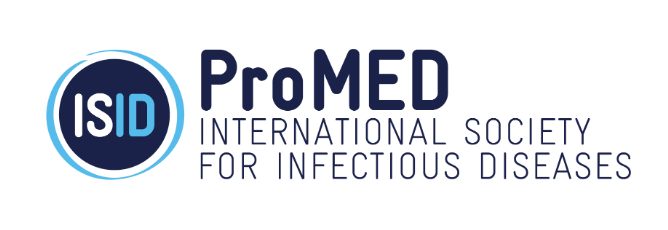Science Money woes and a staff strike threaten dispatches valued by researchers and public health experts.
The first news about the COVID-19 pandemic came not from a government or a scientific publication, but in an email from a disease-alert system called ProMED. This fateful missive in December 2019 about a few cases of a mysterious pneumonia in Wuhan, China, is just one example of how physicians and public health experts around the world have used the 30-year-old, free service to share real-time information about local disease outbreaks with tens of thousands of subscribers.
But ProMED is now on life support. Much of its work came to a screeching halt yesterday when 21 of its 38 paid editors and moderators went on strike. They issued a letter suggesting the service find a new home because of a lack of attention and support from ProMED’s parent organization and sponsor, the International Society for Infectious Diseases (ISID). Three more have since signed on. Weeks earlier, the society acknowledged that ProMED faced a financial crisis and had begun to take actions it hoped would keep the service alive, such as making its 20,000 subscribers pay to access its emails or website.
Some scientists see the potential loss of ProMED, whose dispatches have slowed to a trickle, as a blow to researchers and health workers in developing countries who rely on its announcements. “The fiber of ProMED has always been open source and it serves a very broad international community,” says Harvard University epidemiologist John Brownstein. “It provides a real global public health service.”
Others worry that outbreaks could be missed if ProMED were to shutter. “This is a tragic and preventable loss,” University of Saskatchewan virologist Angela Rasmussen posted online. “The neglect of and failure to invest in public health and research infrastructure puts us all at greater risk.”
In a statement, ISID CEO Linda MacKinnon said ProMED would continue to operate “in a limited capacity” while ISID worked with the letter’s signatories. “We also know that we could have communicated changes more clearly to the community and apologize for any confusion and distress caused,” she added.
ProMED was founded in 1994, the early days of the internet, as a simple listserv whose emails collected disease news from around the world. It was run by three volunteers before ISID took it over in 1999. In addition to being the first to report on COVID-19, it relayed news of the first cases of other coronavirus diseases, severe acute respiratory syndrome in China in 2003 and Middle East respiratory syndrome in Saudi Arabia in 2012. The site now averages eight to 10 alerts per day, conveyed in emails or on its website, with many more during the 2014 Ebola epidemic and the COVID-19 pandemic.
